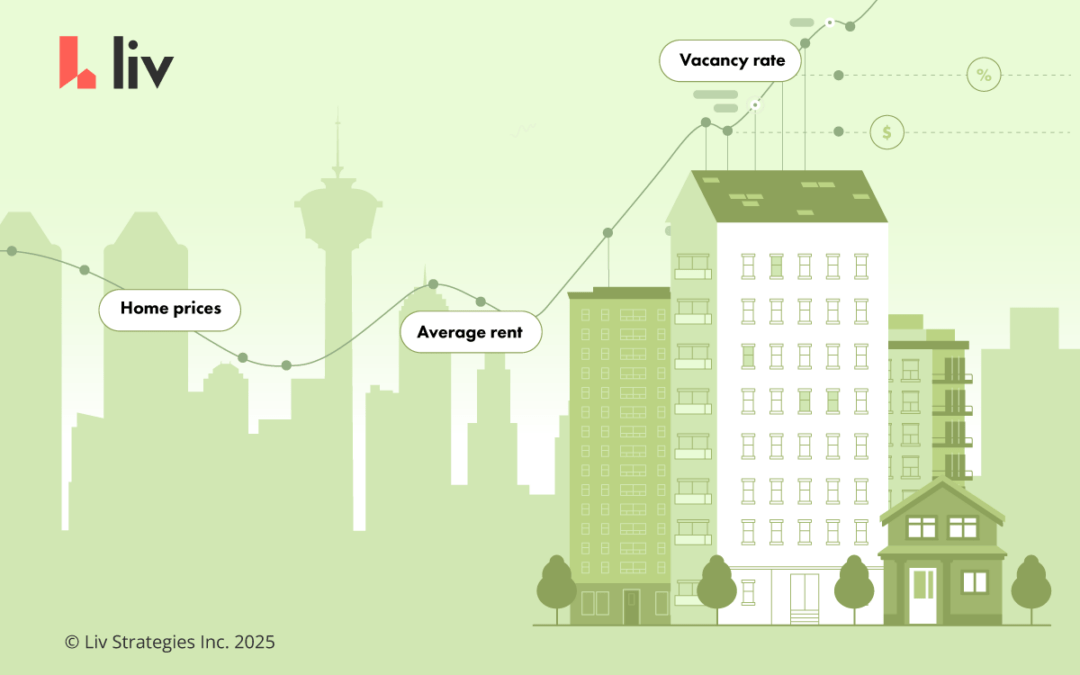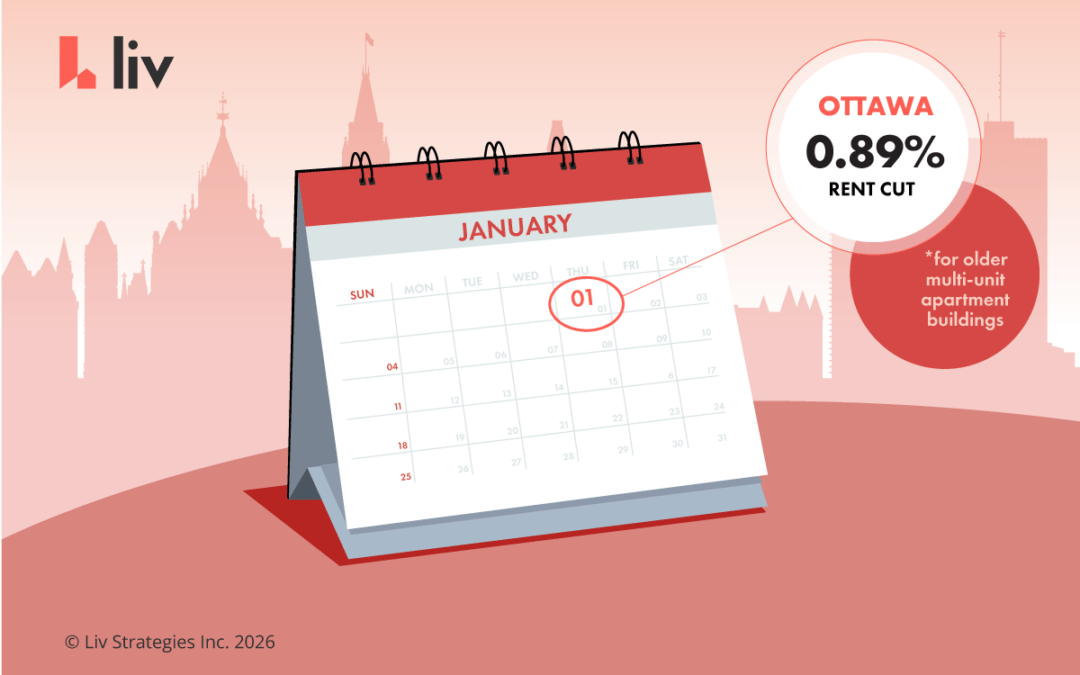Have you ever wondered how your credit score is calculated? What magic combo of numbers inform the total? For most people, it is a profound mystery and yet the score associated with your name impacts your ability to secure a credit card or loan, finance your home, rent an apartment, buy a car or even get a job. In a nutshell, it can shape the course of your life so we will try to demystify it for you.
How is a Credit Score Calculated?
Each credit bureau uses a different combination of scoring algorithms to calculate scores so they may vary slightly but they do all consider the following factors:
Payment history:
The Bureau examines your comprehensive credit history including credit cards, lines of credit, retail department store accounts/credit cards, installment loans, car loans, student loans, finance company accounts, home equity loans and mortgage loans for primary, secondary, vacation and investment properties. They report on the number and type of credit accounts that you’ve paid on time, late or missed payments and how recently and how often they were missed, how much was owed etc. They will also look at how many are delinquent vs. those that are in good standing. For example, if you have 6 credit accounts or “tradelines” in industry-speak, and 3 have had late payments, that ratio may impact your score. Needless to say, they go through your credit history with a fine-toothed comb.
Used credit vs. available credit:
Another key piece of your credit score is the total available credit being used on your credit cards and lines of credit. The bureaus also look at the total value of the line of credit or credit limit – the maximum amount you could borrow or charge against the account.
Credit history:
This section of your credit file details how long your credit accounts have been in existence. In general, creditors like to see that you’ve been able to properly handle credit accounts over a period of time.
>> Recommended Reading: BC Tenancy Act
Public records:
If you’ve filed for bankruptcy or had collection issues, your credit score may be seriously impacted – negatively.
Inquiries:
Every time your credit file is accessed for any reason, this is logged as an inquiry. Curiously, and a bit, unfortunately, some credit score inquiries, may impact your credit score. The ones that lower your credit score are those related to active credit-seeking efforts like loan or credit card applications. The industry perceives these as potential indicators of financial distress. Obviously, this often isn’t the case and thus, are considered in combination with other warning signs on the file to lead to a notable decline in credit score.
However, when a creditor asks for access to your file to make a pre-approved credit offer or to review an account, or when you request a copy, your credit history is not affected.
How Do I get a Free Credit Report?
Ordering your own credit report does not affect your credit score. You can order a copy of your credit report by mail, phone or fax from the following credit bureaus:
- Equifax Canada
- TransUnion Canada
If you’re wanting to access your credit report right away, you can opt for ordering your credit report online. However, you may need to pay a fee for this service.
liv.rent – Canada’s trusted house & apartment rental website
Search apartments, condos, and homes for rent.
What is a FICO score?
A FICO score is one common type of credit score created by the Fair Isaac Corporation. A lender will consider a borrower’s FICO score along with other details to assess credit risk and ultimately, to determine whether to extend credit to the applicant.
Why are Credit Scores needed?
Credit scores are generated to help financial risk managers determine whether to take a risk on a person – to approve a loan, credit card or an apartment rental application for example. The credit score predicts a person’s likelihood of paying bills and thus, whether entering into these agreements makes sound business sense from the lender’s perspective. For you, the consumer, knowing your credit score is important as it determines the rates you are offered and establishes your credibility as a customer, tenant or employee. Moreover, it can always be improved if you understand how it is calculated.
Who Can Use Your Credit Score?
Your credit score can be used by:
- Prospective lenders
- Utility companies
- Future employers
- Landlords
- Property Managers
Keep in mind, your credit score is only one of several pieces of information analyzed by organizations to determine creditworthiness.
Does the Trust Score impact the tenant’s credit score?
The Trust Score gathers information from renters’ Equifax® credit reports and will appear as an inquiry on their credit file. This may impact their overall credit score, however, the impact will not be significant as the Trust Score is not a credit application and will not appear as a ‘hard’ credit inquiry.

Rethink The Way You Rent
Not on liv.rent yet? Experience the ease of digital applications & contracts, verified tenants & landlords, virtual tours and more – all on one platform. Sign up for free or download the app.
Subscribe to receive monthly updates on Canada’s major rental markets. Discover last month’s Rent Reports below:
Vancouver Rent Report
Ontario Rent Report
Montreal Rent Report
Calgary and Edmonton Rent Report


0 Comments